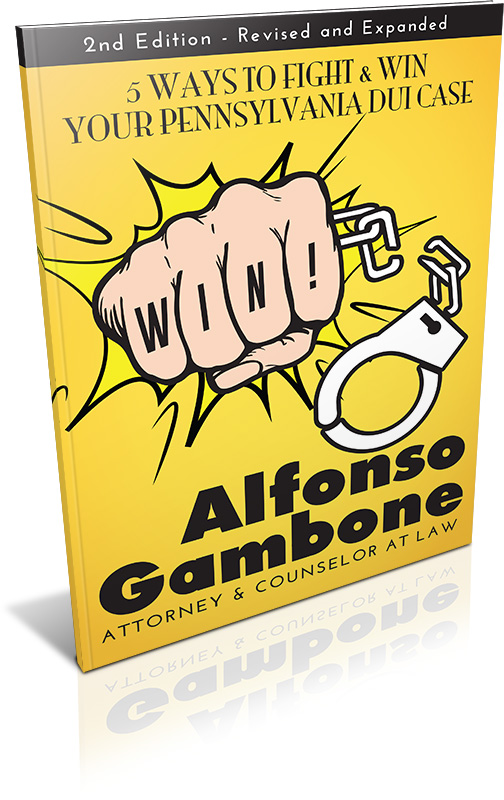Yes, I was drinking! When Is It Admissible In A DUI Case

Police Don’t Need To Observe a Traffic Violation To Stop You For DUI
Most drunk driving arrest begin with a traffic stop made because of a violation of the vehicle code (speeding, running a red light, or a stop sign). Following that traffic stop a police officer may have a suspicion that a person has been drinking because of the person’s appearance or some other sensory cue (smell of alcohol). It is important to first understand that a police officer doesn’t have to see or observe a specific moving violation to stop a car for suspicion of DUI. The officer just needs reasonable suspicion that a driver is either intoxicated or perhaps in distress (falling asleep at the wheel).
Do Police Have To Read Your Rights Before Asking a Question?
Once a stop is made a major issue in DUI cases is whether the officer is permitted to question a driver about what he did prior to getting behind a wheel that day. While the Supreme Court in Berkemer D. McCarty ruled that a motorist wasn’t in custody when he was asked “a modest amount of questions” following a traffic stop in 1984, the Pennsylvania Superior Court didn’t apply this case to the case of Commonwealth vs. Bruder. In the Bruder case the Pennsylvania court held that a custodial interrogation doesn’t require that police make formal arrests and exists whenever an individual being interrogated “reasonably believes his freedom of action is being restricted”. The court went on to say that whenever a person’s freedom is restricted any statements elicited before the Miranda warnings should be suppressed under the Fifth and Sixth Amendments to the United States Constitution.
The Length of Questioning Matters For Admissibility Purposes
The United States Supreme Court, however, reversed the Pennsylvania Supreme Court and specifically held that during an ordinary traffic stop a person isn’t in custody for the purposes of Miranda and therefore the statements made by a driver in response to a question are admissible. The court held that while a stop is unquestionably a seizure within the meaning of the Fourth Amendment such traffic stops are brief unlike prolonged station house interrogations. Further, traffic stops incur in “public view” and in a far less police dominated environment and therefore the motorist’s’ freedom isn’t restricted to the same degree as a formal arrest.
It appears that the length of the interrogation is a critical part of the court’s Bruder analysis. While the Supreme Court has ruled that police are permitted to question a driver following a traffic stop and even ask possibly incriminating questions your criminal defense lawyer should focus on the length of the conversation with the officer prior to the ultimate question being asked (i.e. have you been drinking? Are there drugs in the car? Is there a gun in the car?). For more information on the Fourth Amendment and illegal searches and seizures, I encourage you to read my book: 5 Ways to Fight & Win Your DUI Case



